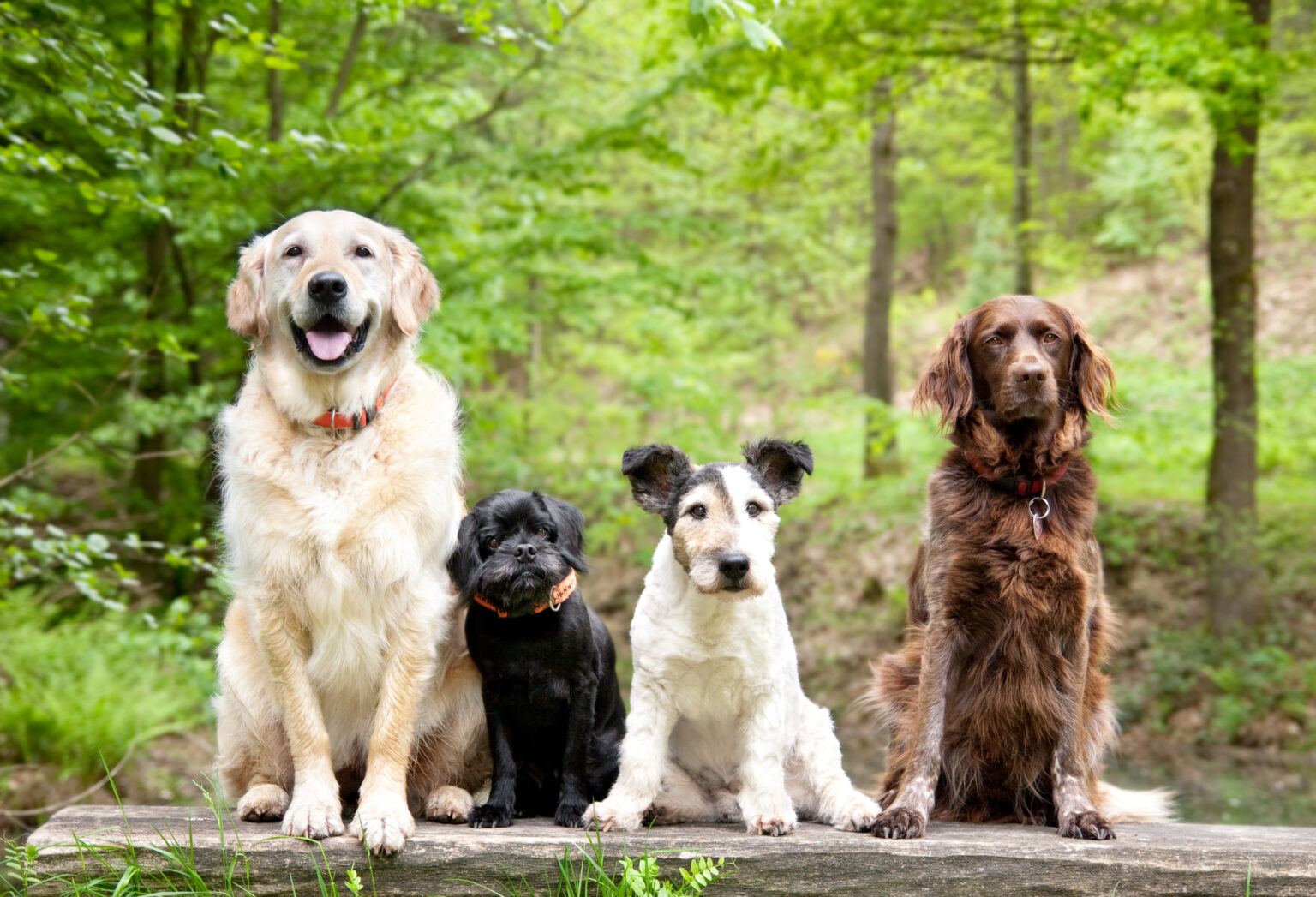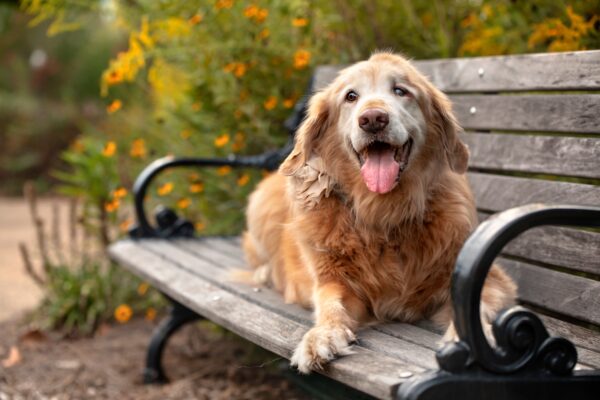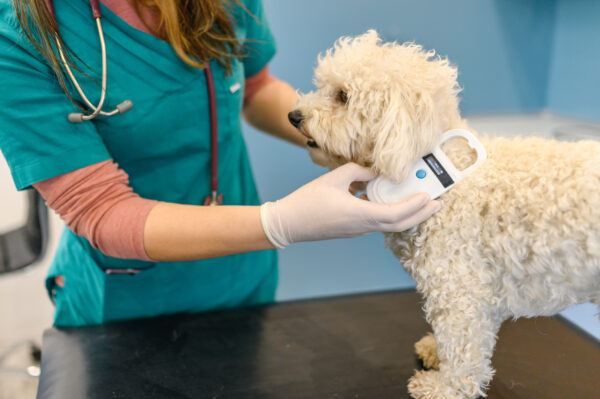Thinking of adopting a dog? Amazing, you’ve come to the right place. Whether you’re going through a dog breeder, a family friend, or a dog rescue centre, our vet is here to help. Swat up on some important questions to ask dog breeders before purchase, as well as how to find a dog breeder in the first place.
How to find a responsible dog breeder or local rescue centre
Before diving into the questions to ask dog breeders, we spoke to our vet about how to find a good dog breeder or dog rescue centre. It’s important to choose a trustworthy source that hits the below criteria, where possible:
- Answers all of your questions and asks you just as many to make sure that their puppies are going to a good home.
- Encourages you to meet the puppy more than once to make sure you’re compatible.
- Provides genuine paperwork/certificates for puppy vaccinations, microchipping, and worming as well as any results for health tests, where relevant.
If you’re buying a puppy from a registered dog breeder, they should also be happy to:
- Arrange a time for you to meet the puppies, their mum, and littermates in the place where they were born and raised.
- Show you their Local Authority license.
7 important questions to ask dog breeders or dog rescue centres
1. Is the puppy 8 weeks of age or older?
This is the first question you should ask when visiting your potential new family member. Puppies should not be separated from their mothers before 8 weeks of age. You can meet with and choose your puppy or rescue dog before this, but you should not be taking home a dog that is younger than 8 weeks.
2. Can you meet the puppy’s parents?
Meeting the parents is a very important part of adopting a puppy, as temperament and certain health conditions can be linked to genetics. You should meet at least the mother and ask to see paperwork relating to the father. As you will have done lots of reading yourself about the breed and any breed-specific problems, make sure to ask the breeder any of your questions until you feel comfortable you know enough. Be extra vigilant, especially when looking to buy a popular breed. Breeders should be experienced and knowledgeable about the breed. If they aren’t, there’s an even greater risk of unknown problems arising later. Whilst meeting the parents may only be possible when adopting from a dog breeder, it’s worth asking if a dog rescue centre has any paperwork relating to either parent.
3. Where have the puppies been raised?
Socialisation is very important for a puppy’s early development. Even at this young age, confidence can be built with exposure to normal household noises, people, and other animals. Your puppy will settle into their new home a lot faster if they are moving to a similar environment that they were reared.
4. Is the litter of puppies in good general health?
The puppies should be healthy and vet-checked by the time one comes home with you. If there has been any illness, like vomiting or diarrhoea, it’s a good idea to pick them up later than planned – when they’re healthy. Good breeders often have puppy contracts and an expectation that you will have your puppy checked by a vet of your choice within 48 hours of collecting them, to ensure nothing has been missed.
5. Have they been vaccinated and treated for fleas and worms?
Whether you’re buying from a dog breeder or adopting from a local dog rescue centre, your chosen pup should have already received at least one vaccination and been treated for fleas and worms. You should get a signed vaccination card and find out how frequently they’ve been treated, as well as what flea treatment has been used. This way, you can continue to use the same one or move them onto your preferred flea treatment instead.
6. Have they been microchipped?
Microchipping is a legal requirement for all dogs over 8 weeks of age. If they haven’t already been microchipped, ask the breeder or rescue centre when they’re planning to do this before you take them home with you.
7. What puppy food or dog food are they currently being fed?
Be it a growing puppy or an adult dog, you should never suddenly change a canine’s diet – instead, you should transition them between foods by adding the new food to their current one gradually. Be sure to note down what puppy food or dog food your potential new family member has been eating so that you can buy a bag or two of the same.
Our articles are not a replacement for face-to-face vet advice. Consult with your vet on a regular basis to raise any pet concerns that you may have.



